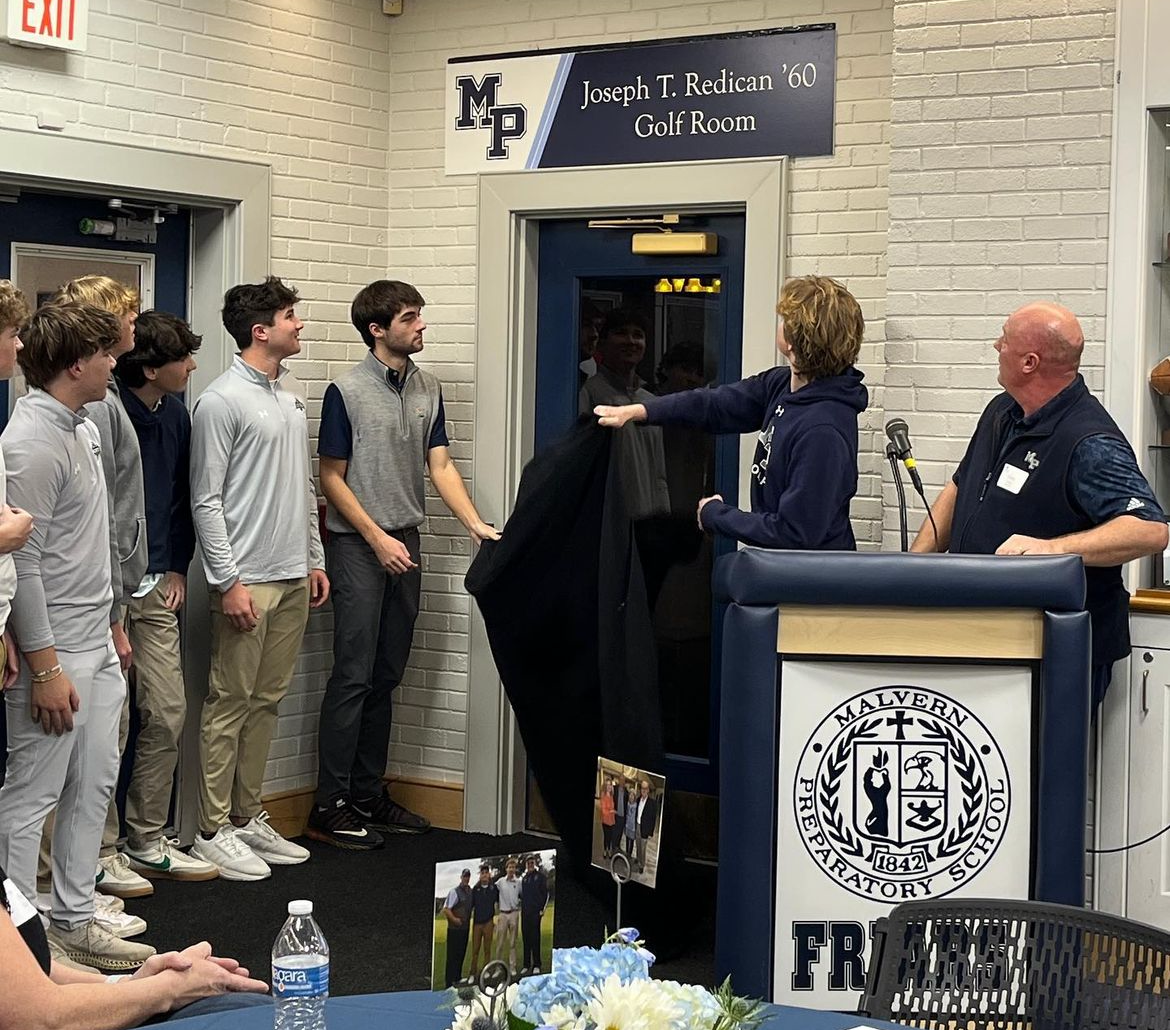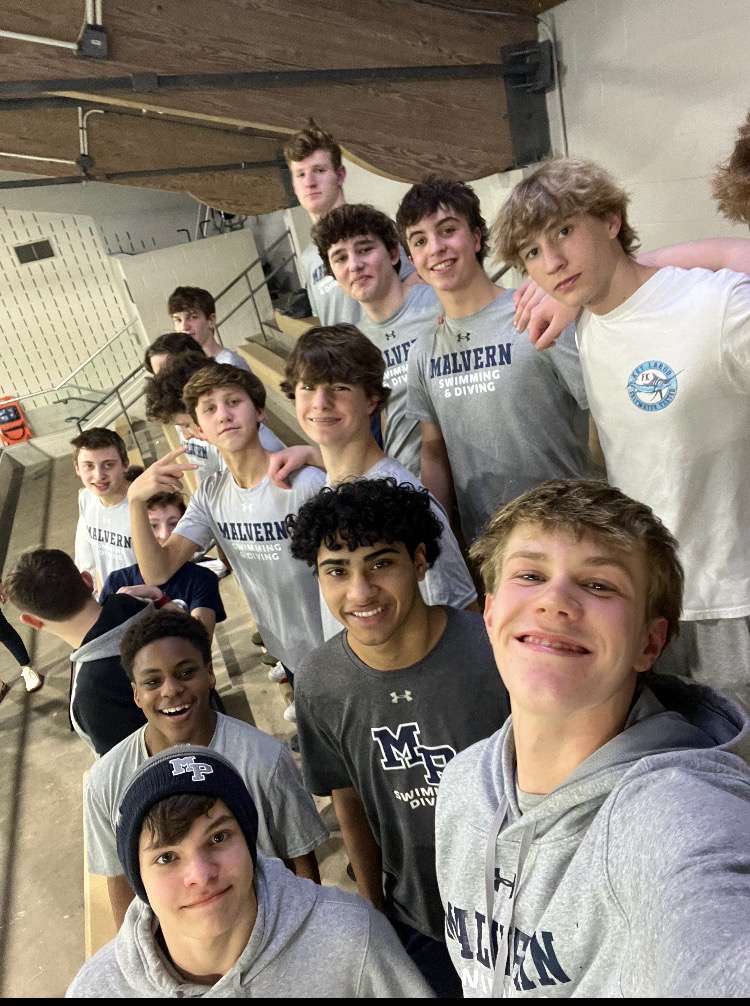Instant replay is reshaping professional baseball, for better or worse
Throughout its history, baseball has been a consistent sport without any major changes. That all changed in this past offseason when commissioner of baseball operations Bud Selig and the rest of his Baseball Trustees held a meeting about extending video replay.
In the middle of the 2008 season, Selig introduced the homerun replay- a type of review that could happen when there is controversy over a home run call. This review was rarely used, but proved to be effective in key situations. Overall, the home run replay was praised and the game benefited from it.
After reviewing the effects on this replay, Selig instigated a new type of replay. In this replay, instead of just home run calls being reviewed, out/safe, fair/foul, and player interference calls would now be eligible for review.
With one signature, Selig took away the essence of baseball and changed its culture for the worse.
At first, this seems like a fantastic idea that would bring great fortune to all by making sure that the right call was made, but it has proven to be quite the opposite in just a few weeks of regular season baseball. This is how it works: A manager has one challenge a game; if he wins, he gets rewarded with an additional one. Even if he loses his challenge, he can ask the umpires to review the previous play. Sounds great, right? Wrong!
Under the new replay system, the relationships between the umpires and coaches are different. In the past, an umpire’s decision was 99% final, and was only switched if another umpire switched the call (again, very rare). This caused managers to get into heated arguments with umpires and eventually get thrown out of ballgames. From a fan’s perspective, coaches arguing and getting thrown out is very exciting to watch, and provides fantastic memories to take home from the ballpark. Arguments happened so frequently because managers knew that the call was final and wanted to show displeasure. A typical conversation would involve dozens, if not hundreds of curse words (thousands if Lou Pinelli, the infamous coach of many teams that was known to blow his head at umpires, was still coaching). Now, since calls can be reversed, managers appear to be calmer.
A typical conversation now goes like this: “Please look at the play again sir, I believe you may have gotten it wrong.” It takes away the excitement. It’s not that ejections and arguments will never happen again, but they will occur at a lower rate, and thus not giving an extra bonus memory to the fans.
Also, this replay makes this slow paced game even slower. Baseball has been a slow moving game and there is no rule that will ever change that, but this new replay will be time consuming, extend games, and be a dull point of the game where watchers will quickly turn to a different channel. Time is precious, and people playing and watching the game will not want to spend 15 minutes of their life just sitting around doing nothing. This is a simple point – but also a very major point.
Lastly, MLB managers and players are not happy with this new process at all. They are against the system that is being used to make these reviews. Red Sox manager, John Farrell, said in a post game interview, “This new replay system has not been the way that we expected it to be. It, in fact, has been the opposite.”
Thinking he was fixing the game of baseball for the better, Selig made a mockery of baseball and completely ignored the glue that holds this wonderful sport together.
This new replay should not be used over every single call that is a little bit controversial. Time and time again, basic calls end up reviewed, and it proves to be unnecessary to the impact of the game. This should only be used when the game is on the line, not when it’s in the first inning in a meaningless April game when a manager cries over a call made at first base.
It is clear that baseball is a sport that has changed through the years. Whether this most recent change has been better for the sport of worse, we will figure out at the end of the year. All in all, this new replay system has not been welcomed with open arms, but it might play a major role in the playout of this season.








